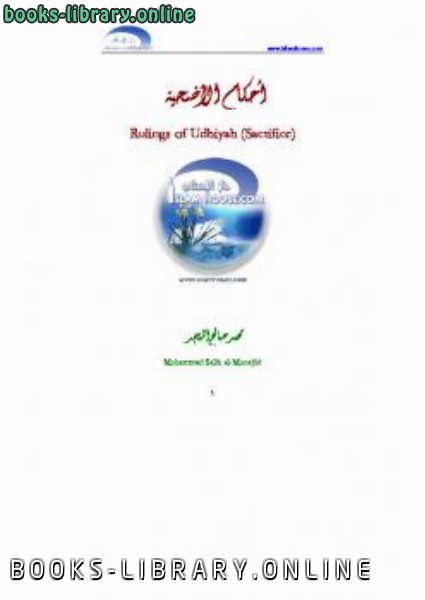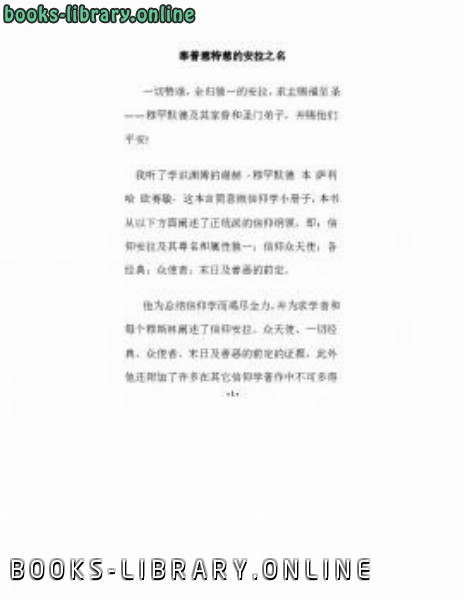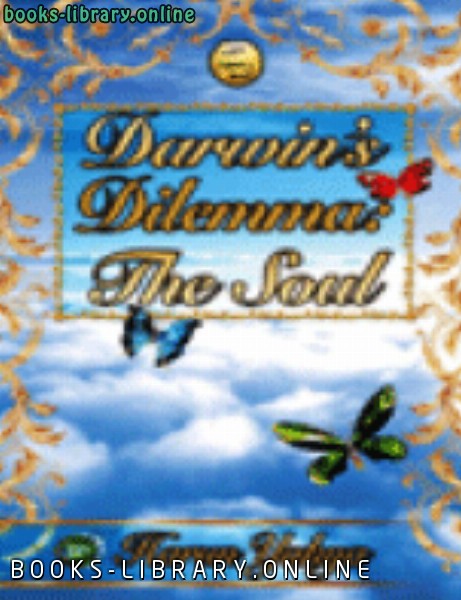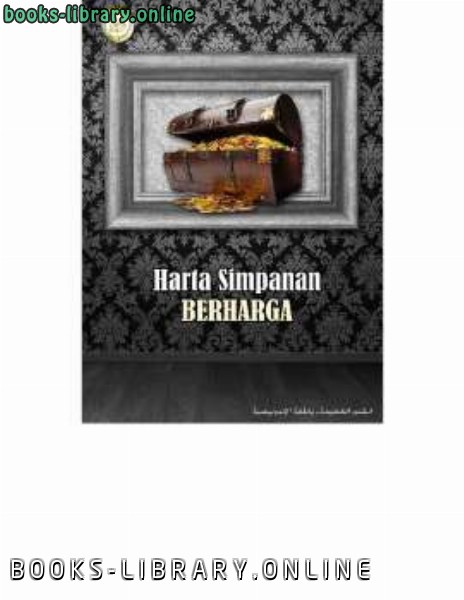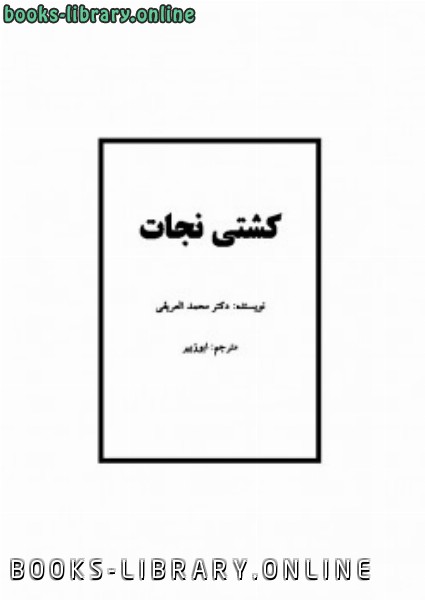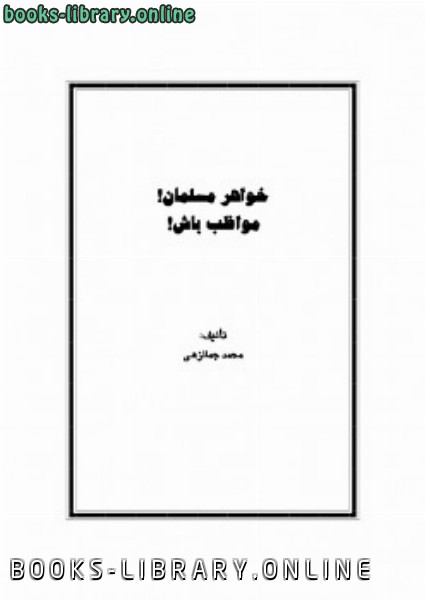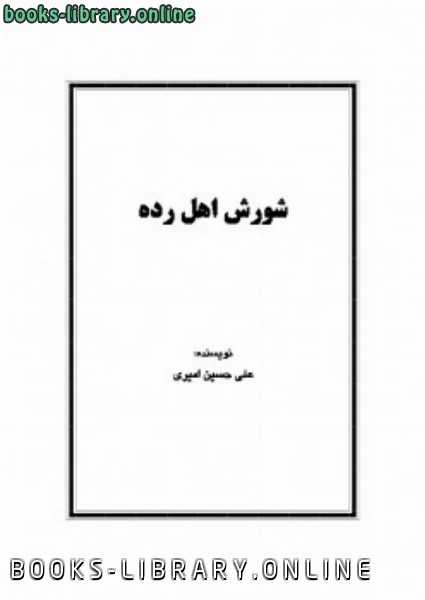كتاب Ruling of the Udhiyah Eid Sacrifice
Praise be to Allaah and peace and blessings be upon the Messen- ger of Allaah, Muhammad, and upon his family and companions. Al-Udhiyah (the offering of a blood sacrifice) is one of the great rituals of Islam, in which we remember the Unity of Allaah, His blessings upon us and the obedience of our father Ibraaheem to his Lord, and in this act of udhiyah there is great benefit and blessing. So the Muslim must pay attention to its great impor- tance. The following is a brief look at this important ritual. Al-Udhiyah refers to the animal (whether a camel, cow or sheep) that is sacrificed as an act of worship to Allaah, in the country in which the person offering the sacrifice lives, during the period from after the Eid prayer on the Day of Nahr (Eid al-Adhaa) un- til the last of the Days of Tashreeq (the 11th, 12th and 13th day of Dhu’l-Hijjah), with the intention of offering sacrifice. Allaah says (interpretation of the meaning): “Therefore turn in prayer to your Lord and sacrifice (to Him only).” [al-Kawthar 108:2] “Say (O Muhammad): ‘Verily, my prayer, my sacrifice, my living and my dying are for Allaah, the Lord of the ‘Aalameen (mankind, jinns and all that exists).” [al- An’aam 6:162] “And for every nation We have appointed religious ce- remonies, that they may mention the Name of Allaah During the annual event of Eid alAdha, millions of Muslims join together in similar act of performing the Udhiyah, so what are the Ruling of alUdhiyah? What are the Conditions of alUdhiyah? What should the Muslim avoid in the first ten days of DhulHijjah if he wants to offer a sacrifice?. These questions and more pertaining this great act of worship are getting answered in this book.محمد صالح المنجد - «محمد صالح» المنجد (13 يونيو 1961 -) (30 ذو الحجة 1380 هـ -) فقيه وداعية سوري من أصل فلسطيني مُقيم في السعودية، ولد لأبوين فلسطينيين لاجئين في سوريا، ثم سافر أهله إلى السعودية فنشأ وترعرع هناك حتى نال درجة البكالوريوس من جامعة الملك فهد للبترول والمعادن. ❰ له مجموعة من الإنجازات والمؤلفات أبرزها ❞ ظاهرة ضعف الإيمان الأعراض الأسباب العلاج ❝ ❞ كيف عاملهم صلى الله عليه وسلم ❝ ❞ كيف تقرأ كتابا؟ ❝ ❞ مفسدات القلوب: النفاق ❝ ❞ اترك أثرا قبل الرحيل ❝ ❞ 70 مسألة في أحكام الصيام ❝ ❞ أعمال القلوب: التقوى ❝ ❞ أحداث مثيرة فى حياة الشيخ العلامة الألبانى ❝ ❞ Pojava slabljenja imana simptomi uzroci i liječenje ❝ الناشرين : ❞ موقع دار الإسلام ❝ ❞ العبيكان للنشر ❝ ❞ دار الإسلام للنشر والتوزيع ❝ ❞ دار الوطن للطباعة والنشر والتوزيع - السعودية ❝ ❞ دار الوطن للطباعة والنشر والعلاقات العامة ❝ ❞ مدار الوطن للنشر ❝ ❞ دار الإيمان للطبع والنشر والتوزيع ❝ ❞ مكتب الدعوة بالربوة ❝ ❞ مجموعة زاد للنشر ❝ ❞ شركة سفير ❝ ❞ مكتبة السنة ❝ ❱
من كتب إسلامية بلغات أخرى - مكتبة كتب إسلامية.

قراءة كتاب Ruling of the Udhiyah Eid Sacrifice أونلاين
معلومات عن كتاب Ruling of the Udhiyah Eid Sacrifice:
ger of Allaah, Muhammad, and upon his family and companions.
Al-Udhiyah (the offering of a blood sacrifice) is one of the great
rituals of Islam, in which we remember the Unity of Allaah, His
blessings upon us and the obedience of our father Ibraaheem to
his Lord, and in this act of udhiyah there is great benefit and
blessing. So the Muslim must pay attention to its great impor-
tance. The following is a brief look at this important ritual.
Al-Udhiyah refers to the animal (whether a camel, cow or sheep)
that is sacrificed as an act of worship to Allaah, in the country in
which the person offering the sacrifice lives, during the period
from after the Eid prayer on the Day of Nahr (Eid al-Adhaa) un-
til the last of the Days of Tashreeq (the 11th, 12th and 13th day of
Dhu’l-Hijjah), with the intention of offering sacrifice. Allaah says
(interpretation of the meaning):
“Therefore turn in prayer to your Lord and sacrifice (to
Him only).” [al-Kawthar 108:2]
“Say (O Muhammad): ‘Verily, my prayer, my sacrifice,
my living and my dying are for Allaah, the Lord of the
‘Aalameen (mankind, jinns and all that exists).” [al-
An’aam 6:162]
“And for every nation We have appointed religious ce-
remonies, that they may mention the Name of Allaah
During the annual event of Eid alAdha, millions of Muslims join together in similar act of performing the Udhiyah, so what are the Ruling of alUdhiyah? What are the Conditions of alUdhiyah? What should the Muslim avoid in the first ten days of DhulHijjah if he wants to offer a sacrifice?. These questions and more pertaining this great act of worship are getting answered in this book.
للكاتب/المؤلف : محمد صالح المنجد .
دار النشر : موقع دار الإسلام .
سنة النشر : 2004م / 1425هـ .
عدد مرات التحميل : 3893 مرّة / مرات.
تم اضافته في : الأربعاء , 27 مارس 2019م.
حجم الكتاب عند التحميل : 284.8 كيلوبايت .
تعليقات ومناقشات حول الكتاب:
Praise be to Allaah and peace and blessings be upon the Messen-
ger of Allaah, Muhammad, and upon his family and companions.
Al-Udhiyah (the offering of a blood sacrifice) is one of the great
rituals of Islam, in which we remember the Unity of Allaah, His
blessings upon us and the obedience of our father Ibraaheem to
his Lord, and in this act of udhiyah there is great benefit and
blessing. So the Muslim must pay attention to its great impor-
tance. The following is a brief look at this important ritual.
Al-Udhiyah refers to the animal (whether a camel, cow or sheep)
that is sacrificed as an act of worship to Allaah, in the country in
which the person offering the sacrifice lives, during the period
from after the Eid prayer on the Day of Nahr (Eid al-Adhaa) un-
til the last of the Days of Tashreeq (the 11th, 12th and 13th day of
Dhu’l-Hijjah), with the intention of offering sacrifice. Allaah says
(interpretation of the meaning):
“Therefore turn in prayer to your Lord and sacrifice (to
Him only).” [al-Kawthar 108:2]
“Say (O Muhammad): ‘Verily, my prayer, my sacrifice,
my living and my dying are for Allaah, the Lord of the
‘Aalameen (mankind, jinns and all that exists).” [al-
An’aam 6:162]
“And for every nation We have appointed religious ce-
remonies, that they may mention the Name of Allaah
over the beast of cattle that He has given them for food.
And your God is One God, so you must submit to Him
Alone (in Islam)...” [al-Hajj 22:34]
Al-Udhiyyah is a confirmed Sunnah according to the majority of
scholars (some scholars say that it is waajib or obligatory; this will
be discussed in more detail below). The basic principle is that it is
required at the appointed time from one who is alive on behalf of
himself and the members of his household, and he may include in
the reward for it whoever he wishes, living or dead. With regard
to udhiyah on behalf of one who is dead, if the deceased be-
queathed up to one third of his wealth for that purpose, or in-
cluded it in his waqf (endowment), then these wishes must be
carried out, otherwise, if a person wishes to offer a sacrifice on
behalf of someone who has died, this is a good deed and is con-
sidered to be giving charity on behalf of the dead. But the Sunnah
is for a man to include the members of his household, living and
deed, in his udhiyah, and when he slaughters it, he should say,
“Allaahumma haadha ‘anni wa ‘an aali bayti (O Allaah, this is on
behalf of myself and the members of my household” – he does
not have to make a separate sacrifice on behalf of every deceased
person.
The scholars agreed that sacrificing the animal and giving its meat
in charity is better than giving its value in charity, because the
Messenger (peace and blessings of Allaah be upon him) used to
make the sacrifice, and he did not do anything but that which is
best and most befitting. This is the opinion of Abu Haneefah, al-
Shaafa'i and Ahmad.
The Virtues of al-Udhiyah and the Best Udhiyah
A sheep suffices as a sacrifice for one man and the members of
his household and his children, because of the hadeeth of Abu
Ayyoob:
“At the time of the Messenger of Allaah (peace and
blessings of Allaah be upon him), a man would sacrifice
a sheep on behalf of himself and the members of his
household, and they would eat from it and give some of
it to others.” (Reported by Ibn Maajah and al-Tirmidhi,
who classed it as saheeh)
The kinds of animals prescribed for sacrifice are camels, cows
and sheep. Some of the scholars said that the best sacrifice is ca-
mels, then cows, then sheep, then a share in a she-camel or cow,
because the Prophet (peace and blessings of Allaah be upon him)
said concerning Friday prayers:
“Whoever goes to [Friday prayers] early, it is equivalent
to him sacrificing a camel.”
This is the opinion of the three imaams Abu Haneefah, al-
Shaafa'i and Ahmad. On this basis, a sheep is better than one-
seventh of a camel or cow. Maalik said that the best is a young
sheep, then a cow then a camel, because the Prophet (peace and
blessings of Allaah be upon him) sacrificed two rams, and he
never did anything but that which was the best. The response to
that is that he (peace and blessings of Allaah be upon him) always
chose what was more appropriate out of kindness towards his
ummah, because they would follow his example, and he did not
want to make things difficult for them. (Fataawa al-Shaykh ‘Abd
al-‘Azeez ibn Baaz).
A camel or cow suffices for seven people, because of the report
narrated by Jaabir (may Allaah be pleased with him) who said:
“We sacrificed at al-Hudaybiyah with the Prophet
(peace and blessings of Allaah be upon him), a camel for
seven and a cow for seven.”
According to one version:
“The Messenger of Allaah (peace and blessings of Allaah
be upon him) commanded us to share camels and cattle,
each seven men sharing one animal.”
According to another version:
“So a cow would be sacrificed on behalf of seven men
and we would share it.” (Reported by Muslim)
The Ruling of al-Udhiyah:
Al-Udhiyah is one of the rituals of Islam. It is mentioned in Ja-
waahir al-Ikleel Sharh Mukhtasar Khaleel that if the people of a
city or country neglect al-udhiyah, they should be fought, because
it is one of the rituals (through which the Islam of a people is
known). (Rasaa’il Fiqhiyyah by Shaykh Ibn ‘Uthaymeen, p. 46).
There are two scholarly opinions concerning al- udhiyah:
The first opinion is that it is waajib (obligatory). This is the opi-
nion of al-Oozaa’i, al-Layth and Abu Haneefah, and it is one of
the two opinions narrated from Imaam Ahmad. It was also the
opinion of Shaykh al-Islam Ibn Taymiyah, and is one of the two
opinions in the madhhab of Maalik, or is what seems to be the
madhhab of Maalik. Those who favour this opinion take the fol-
lowing as evidence:
The aayah:
“Therefore turn in prayer to your Lord anf sacrifice (to
Him only).” [al-Kawthar 108:2].
This is a command, and a command implies that something is
obligatory.
The hadeeth of Jundub (may Allaah be pleased with him), re-
ported in al-Saheehayn and elsewhere, who said:
“The Messenger of Allaah (peace and blessings of Allaah
be upon him) said: ‘Whoever slaughtered his sacrifice
before he prays, let him slaughter another one in its
place, and whoever did not slaughter a sacrifice, let him
do so in the name of Allaah.’” (Reported by Muslim,
3621)
The hadeeth:
“Whoever can afford to offer a sacrifice but does not do
so, let him not approach our place of prayer.”
(Reported by Ahmad and Ibn Maajah; classed as saheeh by al-
Haakim from the hadeeth of Abu Hurayrah (may Allaah be
pleased with him). It says in Fath al-Baari that its men are thi-
qaat).
The second opinion is that it is a confirmed Sunnah (sunnah
mu’akkadah). This is the opinion of the majority, and it is the
madhhab of al-Shaafa'i and the better-known opinion of Maalik
and Ahmad. Most of those who favour this opinion state that it is
makrooh (disliked) for the one who is able to offer a sacrifice to
neglect to do so. They base their opinion on the following:
The hadeeth of Jaabir (may Allaah be pleased with him) in Sunan
Abi Dawood, where he said:
“I prayed on Eid al-Adhaa with the Messenger of Allaah
(peace and blessings of Allaah be upon him), and when
he finished (the prayer), he was brought two rams, and
he sacrificed them. He said, ‘In the Name of Allaah, Al-
laah is Most Great. This is on behalf of myself and any
member of my ummah who did not offer a sacrifice.”
(Sunan Abi Dawood bi Sharh Muhammad Shams al-Haq
Abaadi, 7/486)
Also the hadeeth reported by all the famous muhadditheen apart
from al-Bukhaari:
“Whoever among you wants to offer a sacrifice, let him
not take anything from his hair or nails.”
Shaykh Ibn ‘Uthaymeen, may Allaah preserve him, said, following
his discussion of those who say it is obligatory and those who say
it is Sunnah, “Each point of view has its evidence, but to be
on the safe side, the one who is able to offer a sacrifice
should not neglect to do so, because of what is involved in
this act of reverence towards Allaah, remembering Him, and
making sure that one has nothing to be blamed for.”
Conditions of al-Udhiyah
The animal should have reached the required age, which is six
months for a lamb, one year for a goat, two years for a cow and
five years for a camel.
It should be free of any faults, because the Prophet (peace and
blessings of Allaah be upon him) said:
“There are four that are unacceptable for sacrifice: a
one-eyed animal whose defect is obvious, a sick animal
whose sickness is obvious, a lame animal whose limp is
obvious and an emaciated animal that has no marrow in
its bones.” (Saheeh, Saheeh al-Jaami’, no. 886).
There are milder defects that do not disqualify an animal, but it is
makrooh to sacrifice such animals, such as an animal with a horn
or ear missing, or an animal with slits in its ears, etc. Udhiyah is
an act of worship to Allaah, and Allaah is Good and accepts only
that which is good. Whoever honours the rites of Allaah, that is a
sign of the piety (taqwa) of the heart.
It is forbidden to sell it. If an animal has been selected for sacri-
fice, it is not permissible to sell it or give it away, except in ex-
change for one that is better. If an animal gives birth, its offspring
should be sacrificed along with it. It is also permissible to ride it if
necessary. The evidence for this is the report narrated by al-
Bukhaari and Muslim from Abu Hurayrah (may Allaah be pleased
with him), who said:
“The Messenger of Allaah (peace and blessings of Allaah
be upon him) saw a man leading his camel and told him,
“Ride it.” He said, “It is for sacrifice.” He said, “Ride
it” a second or third time.”
It should be sacrificed at the specified time, which is from after
the prayer and khutbah of Eid – not from when the time for the
prayer and khutbah starts – until before sunset on the last of the
days of Tashreeq, which is the 13th day of Dhu’l-Hijjah. The
Prophet (peace and blessings of Allaah be upon him) said:
“Whoever sacrifices before the prayer, let him repeat it.”
(Reported by al-Bukhaari and Muslim).
‘Ali (may Allaah be pleased with him) said:
“The days of Nahr (Sacrifice) are the day of al-Adhaa
and the three days following it.”
This is also the opinion of al-Hasan al-Basri, ‘Ata’ ibn Abi Ra-
baah, al-Oozaa’i, al-Shaafa'i and Ibn al-Mundhir, may Allaah have
mercy on them all.
What should be done with the Sacrifice?
It is preferable (mustahabb) for the one who intends to sacrifice
not to eat anything on that day before he eats from his sacrificial
animal, if this is possible, because of the hadeeth:
“Let every man eat from his sacrifice.” (Classed as sa-
heeh in Saheeh al-Jaami’, 5349).
This eating should be after the Eid prayer and khutbah. This is
the opinion of the scholars, including ‘Ali, Ibn ‘Abbaas, Maalik,
al-Shaafa'i and others. The evidence for this is the hadeeth of Bu-
raydah (may Allaah be pleased with him):
“The Prophet (peace and blessings of Allaah be upon
him) would not go out on the day of Fitr until he had ea-
ten, and he would not eat on the day of Adhaa until he
had slaughtered (his sacrifice).” (Al-Albaani said: its is-
naad is saheeh. Al-Mishkaat, 1/452).
It is better for a person to slaughter the sacrifice himself, but if he
does not, it is mustahabb for him to be present when it is slaugh-
tered.
It is mustahaab to divide the meat into three: one third to be ea-
ten, one third to be given as gifts and one third to be given in
charity. This was the opinion of Ibn Mas’ood and Ibn ‘Umar
(may Allaah be pleased with them). The scholars agreed that it is
not permissible to sell anything from its meat, fat or skin. In a
saheeh hadeeth, the Prophet (peace and blessings of Allaah be
upon him) said:
During the annual event of Eid alAdha, millions of Muslims join together in similar act of performing the Udhiyah, so what are the Ruling of alUdhiyah? What are the Conditions of alUdhiyah? What should the Muslim avoid in the first ten days of DhulHijjah if he wants to offer a sacrifice?. These questions and more pertaining this great act of worship are getting answered in this book.
 مهلاً !
مهلاً !قبل تحميل الكتاب .. يجب ان يتوفر لديكم برنامج تشغيل وقراءة ملفات pdf
يمكن تحميلة من هنا 'تحميل البرنامج'

نوع الكتاب : pdf.
اذا اعجبك الكتاب فضلاً اضغط على أعجبني و يمكنك تحميله من هنا:


كتب اخرى في كتب إسلامية بلغات أخرى
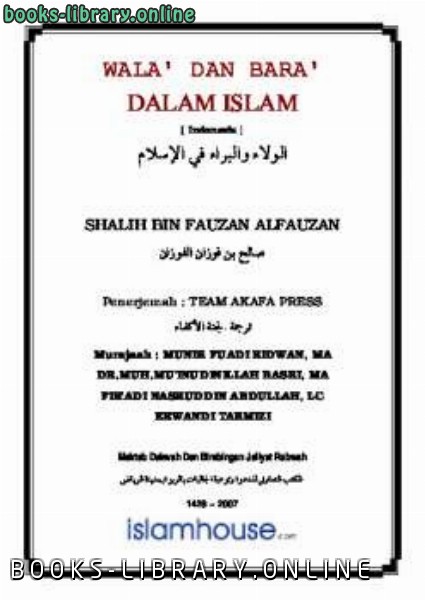
WALA rsquo DAN BARA rsquo DALAM ISLAM PDF
قراءة و تحميل كتاب WALA rsquo DAN BARA rsquo DALAM ISLAM PDF مجانا
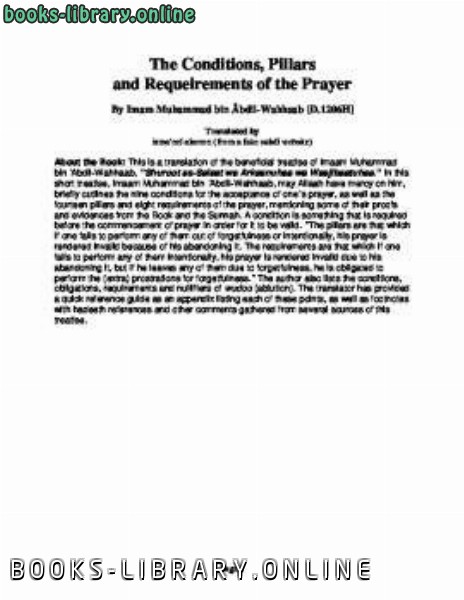
Conditions and Pillars of the Prayer PDF
قراءة و تحميل كتاب Conditions and Pillars of the Prayer PDF مجانا
